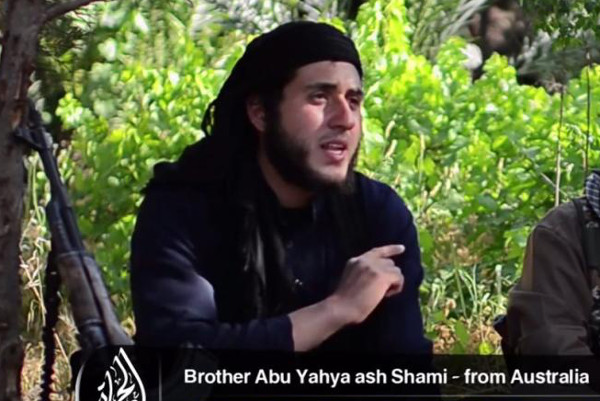

By: Shahram Akbarzadeh
Source: http://www.watoday.com.au/
There may be more than a 100 Australian Muslims fighting with the Islamic State of Iraq and the Levant. In security circles, these people are assessed as high risk for Australia. Their militant ideology and practical knowledge of weapons use could pose a threat to Australian society upon their return. But the risk they pose is actually far greater than the immediate security threat. They threaten the very social fabric that has fostered Muslim communities. They put Australia’s tradition of multiculturalism at risk and offer fodder to Islamophic commentators who see all Muslims as terrorists at heart.
There is an old saying in Persian: it takes one fool to drop a stone in a well, and many wise men to bring it out. This proverb captures the Muslim experience in Australia. There is no doubt that some Australians feel uncomfortable with the Muslim presence. Muslim traditions, habits, and beliefs are often seen as alien and confronting. The Howard government tried to capitalize on this anti-Muslim bias to bolster its position by looking and sounding tough towards asylum seekers, generally from Muslim backgrounds. The under-current message was simple: Muslims are governed by un-Australian principles and an inferior value system. This was a blatant political gimmick. But it tapped into a vein that has proven too rich to be ignored by subsequent governments. The latent Islamophobia presents a challenge to Muslims in Australia. And many Muslims have risen to it.
Muslim organisations have learnt plenty about the need for proactive engagement. In the past, Muslim organisations were generally concerned with their own community affairs. These were inward-looking organisations/communities. They often reacted to events and external criticisms about their beliefs and traditions, feeling dejected with accusations and pointed questions that implied a link between Islam and terrorist activities. The sense of victimhood was a defining feature of Australian Muslims.
But in the last decade, many old and new Muslim organisations have tried to get on the front foot. They have come to realize they will never be taken seriously by the broad public, let alone the tabloid press, if they limit their public activity to issuing statements to deny the presumed link between Islam and terrorism, and protesting Muslims’ innocence. Muslim organisations have tried to offer alternative views and set the agenda, rather than wait to be called by a frantic journalist on an urgent story. Islamic leaders now engage with NGOs, policy and opinion-makers, as well as government departments and the police to help reset relations between Muslims and the broader community. Their message is simple but powerful, Australian Muslims are part of the solution.
This proactive engagement, however, has caused a stir within the Muslim communities and presented the Muslim leadership with a new and unlikely challenge. This one emanates from the fringes of Australian Muslims, and draws on suspicions of the government agenda to stigmatize any Muslim organisation that engages with government agencies. As a result, Muslim organisations are often forced to work on two very different levels. On the one hand, they work with a range of government and non-government organisations to bolster social harmony and a sense of shared purpose. On the other, they work at the community level to dismiss allegations of betraying Islam. This is a daunting task and they look all the guiltier to their radical critics for trying to deny such outrageous allegations.
This is where the fool and wise men analogy comes in. A few misguided Muslims who choose the path of adventurism and break the law to join the ranks of ISIL undo years of hard work by Islamic community organisations. They perpetuate an image of Islam as fanatical and bloodthirsty, damaging the Muslims’ reputation in Australia. Ultimately, they play into the hand of Islamophobes who make life hard for the law-abiding Muslim citizens of Australia.
The views expressed in this article are the author’s and do not necessarily reflect those of MuslimVillage.com.



